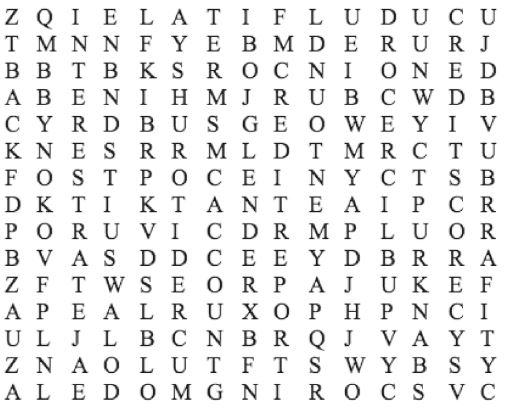Cultura y noticias hispanas del Valle del Hudson

Suplemento educativo
Getting credit: What you need to know / Conseguir un crédito: Lo que necesitas saber
Por Estela González Torres
February 2016 =A la hora de solicitar un crédito o préstamo, el banco precisa saber si usted será capaz de pagarlo. Para ello, utilizan su puntuación de crédito (credit score) que se calcula con la información que figura en su reporte de crédito (credit report) sobre otros préstamos que tenga, sus cuentas de crédito y la antigüedad de su historial de crédito, así como posibles registros públicos (demandas, bancarrotas, etc.) o consultas de crédito realizadas por terceros con resultado negativo que existan a su nombre.
Muchas empresas, como aseguradoras, inmobiliarias o empresas de televisión por cable, telefonía o internet, también pueden consultar el reporte o informe de crédito del cliente para informarse sobre su situación financiera.
Su puntuación de crédito puede variar entre 300 y 850 puntos. Cuanto más alta sea, más bajo será el riesgo de incumplimiento de pago y, por consiguiente, más baja será la tasa de interés que le cobren.
Consejos para conseguir y mantener una buena puntuación de crédito:
1. Pague todas sus facturas a tiempo.
2. Solo solicite el crédito que necesite.
3. No utilice demasiado el crédito disponible.
4. Pida su reporte de crédito una vez al año y cuestione los errores que encuentre.
Your credit score is a number that is used to predict how likely you are to pay back on time. It is based on the information about you from your credit report. A mathematical formula – called a scoring model – is used to create your credit score.
Lenders use these reports to help them decide if they will loan you money, what interest rates they will offer you, or to determine whether you continue to meet the terms of the account.
Ahora, vamos a practicar con una sopa de letras en inglés que contiene el vocabulario resaltado en negrita:
ANSWER KEY: ACCOUNT, BANKRUPTCY, CREDITOR, CREDIT REPORT, CREDIT SCORE, DEBT, INTEREST RATE, LAWSUIT, LENDER, LOAN, OWE, PAY BACK, PAYMENT, PUBLIC RECORD, SCORING MODEL, TERMS.
COPYRIGHT 2016
La Voz, Cultura y noticias hispanas del Valle de Hudson
Su puntuación de crédito puede variar entre 300 y 850 puntos. Cuanto más alta sea, más bajo será el riesgo de incumplimiento de pago y, por consiguiente, más baja será la tasa de interés que le cobren.
Consejos para conseguir y mantener una buena puntuación de crédito:
1. Pague todas sus facturas a tiempo.
2. Solo solicite el crédito que necesite.
3. No utilice demasiado el crédito disponible.
4. Pida su reporte de crédito una vez al año y cuestione los errores que encuentre.
- What is a credit score?
Your credit score is a number that is used to predict how likely you are to pay back on time. It is based on the information about you from your credit report. A mathematical formula – called a scoring model – is used to create your credit score.
- What is a credit report?
Lenders use these reports to help them decide if they will loan you money, what interest rates they will offer you, or to determine whether you continue to meet the terms of the account.
Ahora, vamos a practicar con una sopa de letras en inglés que contiene el vocabulario resaltado en negrita:
ANSWER KEY: ACCOUNT, BANKRUPTCY, CREDITOR, CREDIT REPORT, CREDIT SCORE, DEBT, INTEREST RATE, LAWSUIT, LENDER, LOAN, OWE, PAY BACK, PAYMENT, PUBLIC RECORD, SCORING MODEL, TERMS.
COPYRIGHT 2016
La Voz, Cultura y noticias hispanas del Valle de Hudson
Comments | |
| Sorry, there are no comments at this time. |

